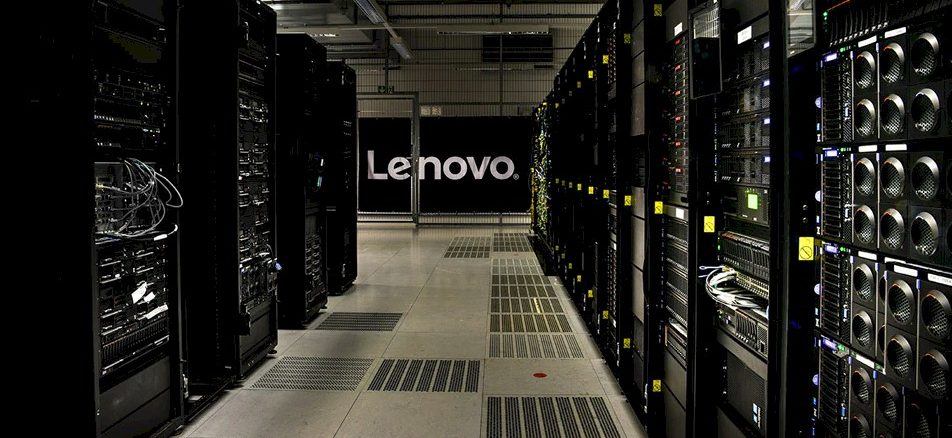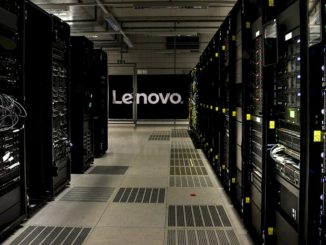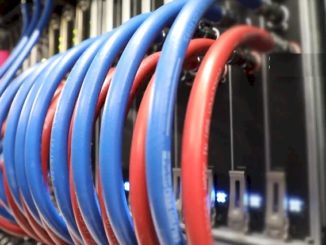
Fresh off a record revenue quarter, Lenovo plans to add 12,000 R&D staff members to their global ranks over the next three years, according to the company’s Chairman and CEO, Yuanqing Yang.
This is in addition to the 5,000 that joined in the last fiscal year, many of whom are set to focus on the “client-edge-cloud-network-intelligence” program outlined in Lenovo’s R&D-focused statement last year.
The 12,000 hiring push for the coming three years will be focused on emerging IT infrastructure, ranging from its general server platforms to edge and AI. Lenovo’s current main research laboratories include those focused on AI, enterprise cloud and 5G, smart devices and solutions, mobile technology, PCs, and technical strategy for smart education products.
Lenovo Research has a number of noteworthy programs, including Lenovo Brain, the company’s own industry-focused AI platform, which has already been launched. Lenovo has also developed its own edge computing platform and is pushing the patent train for 5G with other 1,800 filed. The company also has a suite of smart education devices and software platforms, mostly focused on APAC institutions, medical devices, and its Daystar Robot, focused on industrial use and used internally.
Lenovo says this “intensified commitment to innovation, underpinned by Environmental, Social, Governance (ESG) commitments, comes as Lenovo continues its transformation from a devices company to a global technology powerhouse that includes services and solutions.”
Lenovo adds these teams will emphasize, “new product and business model innovation, incubating technologies from edge computing to technology which will help businesses capitalize on the metaverse, and emerging and disruptive innovation like next-generation AI and heterogeneous computing to help them prepare for the future. All with the intention of helping businesses of all sizes capitalize on new and emerging technologies like the metaverse.”
“My vision for Lenovo’s innovation is to become one of the world’s leading ICT companies, a pioneer and enabler of intelligent transformation,” said Yuanqing Yang. “Our investment plan will center around the “Client-Edge-Cloud-Network-Intelligence” architecture, with a three-track approach to focus on short-, medium- and long-term payback. Our intention is to optimize between technology with quick market returns and foundational research, and between continuous improvement and breakthrough innovation.”
In the last couple of years, Lenovo has been talking much less about specific platforms and far more about grand targets, including the drive be carbon net-zero by 2050. The company has made much of its ability to exceed its 2020 carbon emission goals in 2020, finishing a year ahead of what was expected and is on target for their carbon neutrality targets for 2030.





Be the first to comment